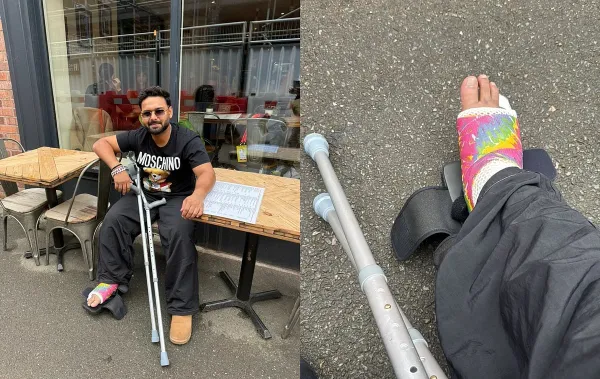
China’s electric vehicle (EV) major BYD Co. is continuing its push to expand in India, even as regulatory roadblocks and diplomatic tensions make it difficult for the company to carry out key business operations.
Like other Chinese firms, BYD has faced significant delays in obtaining visas for senior executives following the deadly border clash between Indian and Chinese troops in 2020, which caused a sharp deterioration in bilateral ties, reported The Economic Times.
Citing sources in the know, the news organisation reported that with work permits stuck in limbo, the carmaker has resorted to hosting board meetings and senior management discussions in nearby countries such as Sri Lanka and Nepal, and even further afield in Singapore.
Senior Executives Locked Out
BYD India’s Managing Director, Ketsu Zhang, has not been granted a work permit since leaving the company’s base in Chennai, the report said. Despite attempts by Indian authorities to enable his return, he has been unable to resume his role on the ground. Zhang operated from BYD’s headquarters in Shenzhen in 2021 and relocated to Tokyo earlier this year, from where he now oversees multiple Asian markets, including India.
For manufacturers like BYD, having senior leadership present in-country is crucial for swift decision-making, managing production issues and fostering local partnerships. Yet, visa restrictions remain a stumbling block. In March, an Indian delegation travelling to Shenzhen for a major BYD dealer meeting had to be reduced because many Indian-based employees were unable to secure travel documents, the report stated citing one of the people familiar with the matter said.
Sales Climb Despite Official Resistance
Despite these operational challenges, BYD remains popular with Indian buyers. Sales in the first half of 2025 are already close to matching the company’s full-year 2024 tally.
However, Indian authorities have maintained a cautious stance. Commerce Minister Piyush Goyal said earlier this year that it’s a “no” to BYD, citing concerns linked to national strategic interests. India has already rejected the automaker’s $1 billion plan to build a manufacturing plant with a local partner, a move that leaves BYD ineligible for tariff reductions available to companies that commit to local production.
This approach contrasts sharply with Tesla Inc.’s experience. Chief Executive Elon Musk met Prime Minister Narendra Modi in the US earlier this year, paving the way for Tesla to open its first Indian showrooms this month, with deliveries expected from August. Tesla, however, faces steep import duties of up to 110 per cent for fully built cars, as it too has no manufacturing base in India.
Outlook Hinges on Political Climate
For BYD, international expansion is critical as it aims to sell 5.5 million vehicles this year, but weakening Chinese demand and pricing pressures at home make India a key market. Currently, the company operates an assembly plant in Chennai with a capacity for 10,000 to 15,000 units annually and imports most of its models, though hefty import duties double the cost for consumers.
There are tentative signs of a thaw: India recently resumed tourist visa applications for Chinese nationals. Whether this will extend to work permits — and whether BYD will eventually gain a stronger foothold — remains to be seen.
-
'I Will Begin My Rehab Once...': Rishabh Pant Provides Update On Road Ahead After Gruesome Foot Injury During Old Trafford Test vs England

-
Breaking! Divya Deshmukh Becomes First Indian To Win FIDE Women's Chess World Cup, Beats Koneru Humpy In Finals

-
Are Vikrant Massey & Rajkummar Rao Insecure Of Other Actors? Anshumaan Pushkar Reveals! (EXCLUSIVE)

-
'Gore Ko Tika Diya': Amitabh Bachchan Takes A Dig At Ben Stokes, Reacts To Team India Refusing To Draw Manchester Test

-
World Hepatitis Day 2025: All You Need To Know About Viral Hepatitis Disease
